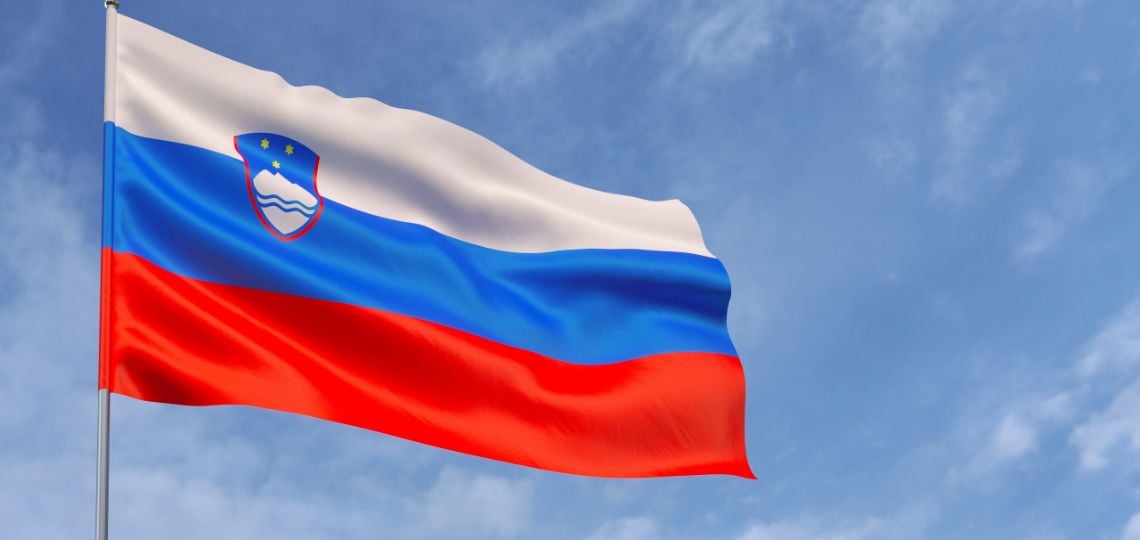The Slovenian Parliament voted on Thursday to cancel a planned consultative referendum, originally set for November 24, regarding the construction of a second reactor at the Krsko nuclear plant. This project, initiated in 2021 with a permit approval, seeks to bolster the nation’s energy infrastructure but raises debates about transparency and the public’s ability to make informed decisions on such a long-term and complex issue.
The decision was widely supported by lawmakers, with 69 out of the 90 members of Parliament voting in favor of the cancellation. Slovenian authorities expressed doubts about the feasibility of an “independent and responsible” public vote on this matter. Initially, the referendum was proposed by the same parties that later backtracked due to the uncertain outcome of the vote and growing criticism from environmental groups.
Decline in Public Support
According to a survey published by the Slovenian newspaper Dnevnik, public support for the new reactor’s construction has decreased, falling from 68% in January to less than 60% recently. This decline is partly attributed to criticisms from civil society and environmental organizations, which argue a lack of transparency in the decision-making process. Environmental advocates are particularly concerned about the potential risks of this nuclear expansion to the nation’s environmental safety and economic stability.
The Krsko Project: Issues and Prospects
Located near the Croatian border, the Krsko nuclear plant has been jointly managed by Slovenia and Croatia since the breakup of the former Yugoslavia. It supplies approximately 20% of Slovenia’s electricity needs and 17% of Croatia’s. The current reactor, built by Westinghouse and operational since 1983, was initially slated for closure in 2023. However, authorities recently extended its operational life by 20 years, highlighting the need for stable energy in the region.
The estimated cost of this project stands at 15 million euros, with the potential for another public review by 2027-2028 once all details are finalized. Until then, the authorities aim to establish a framework that ensures greater transparency and a thorough assessment of the social and environmental impacts.
Slovenia’s Energy Prospects
This decision comes as Slovenia seeks to diversify and strengthen its energy production. Challenges from the energy transition and dependence on imports have led the government to consider nuclear development as a strategic option. Prime Minister Robert Golob stated that expanding nuclear energy could offer a viable solution for Slovenia’s energy independence amid volatile European energy markets.
